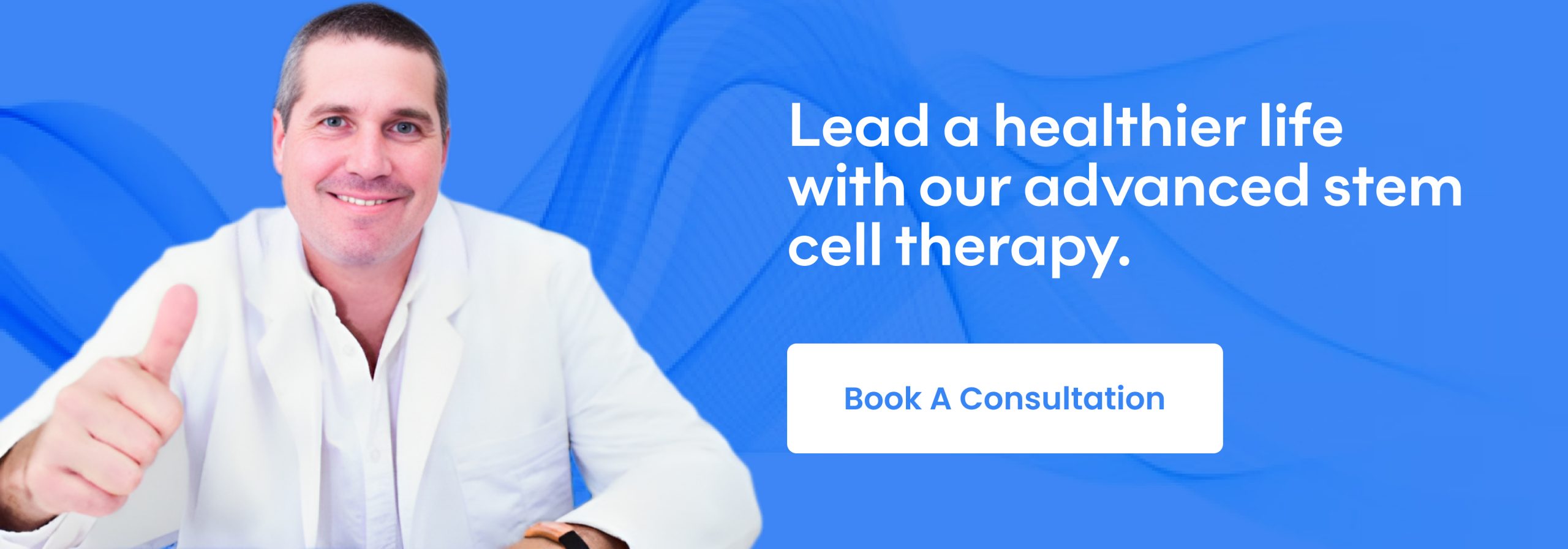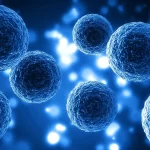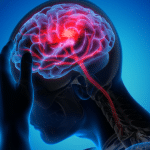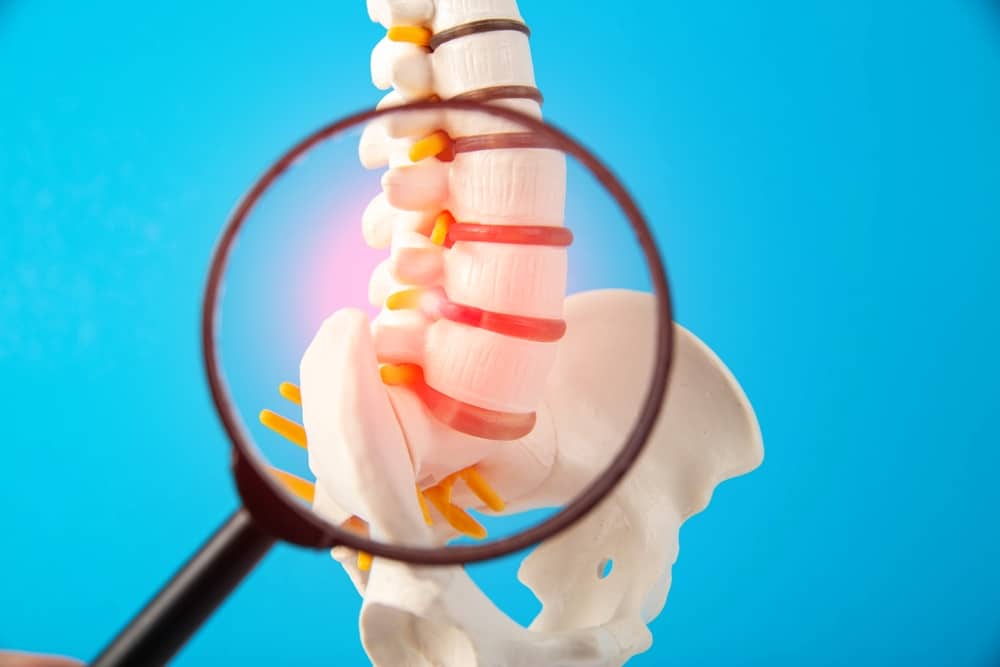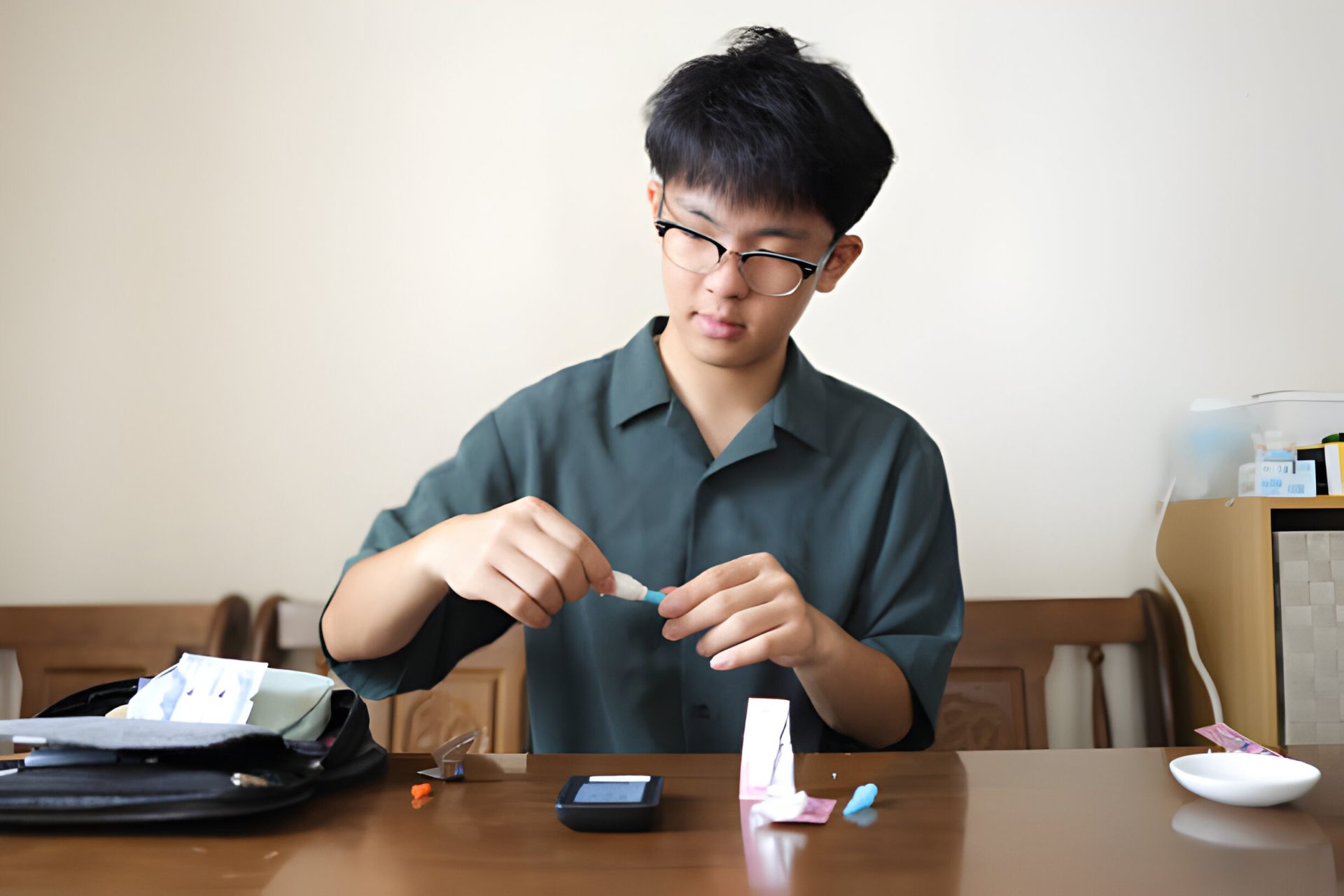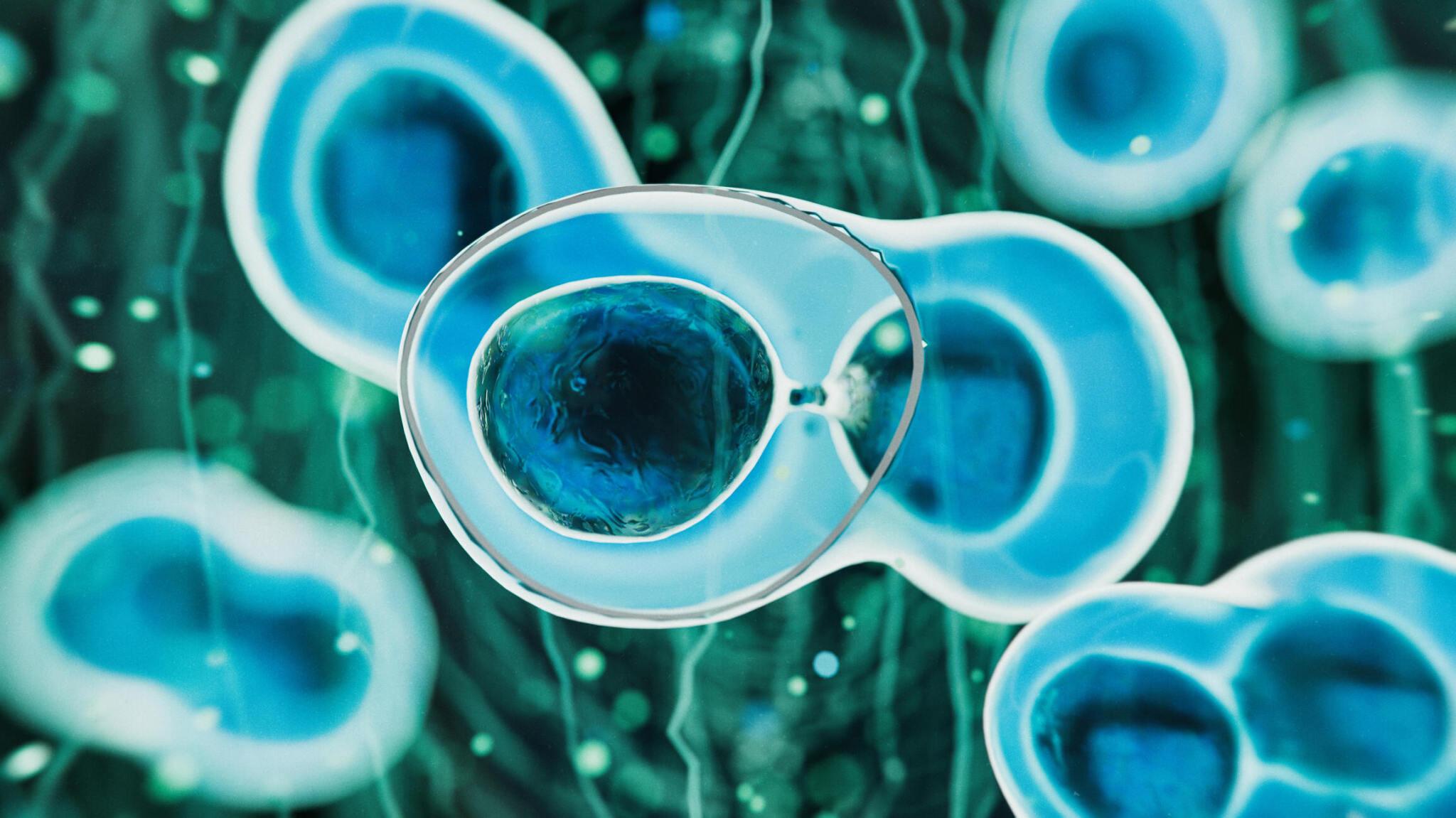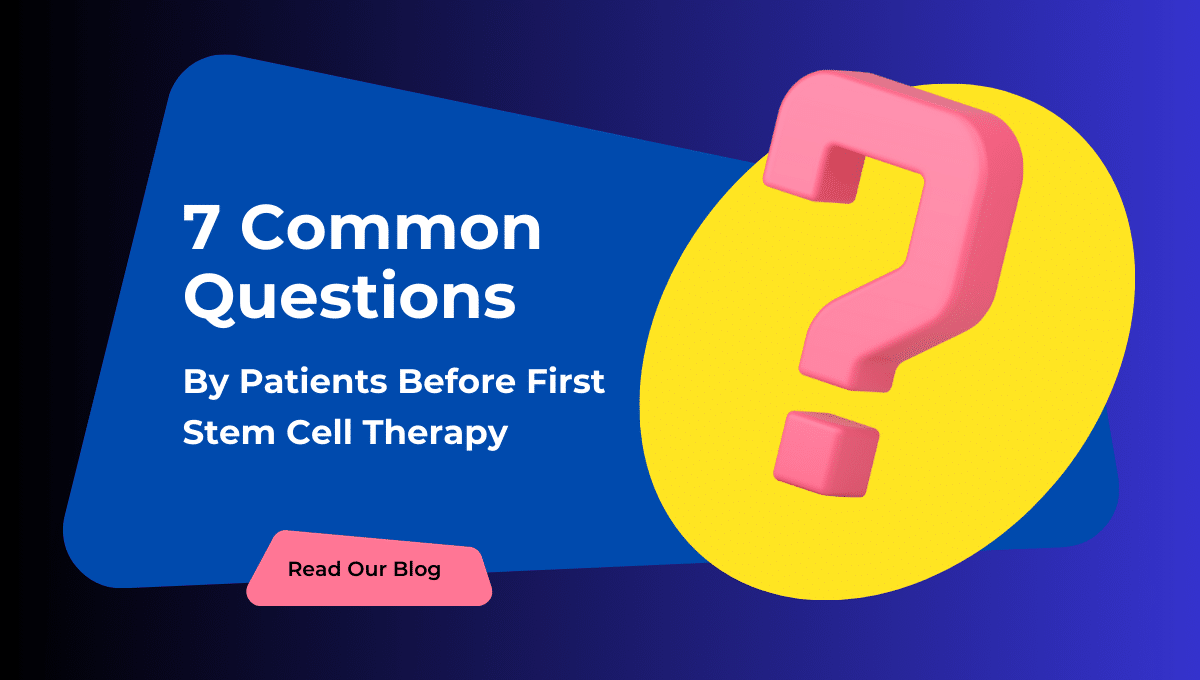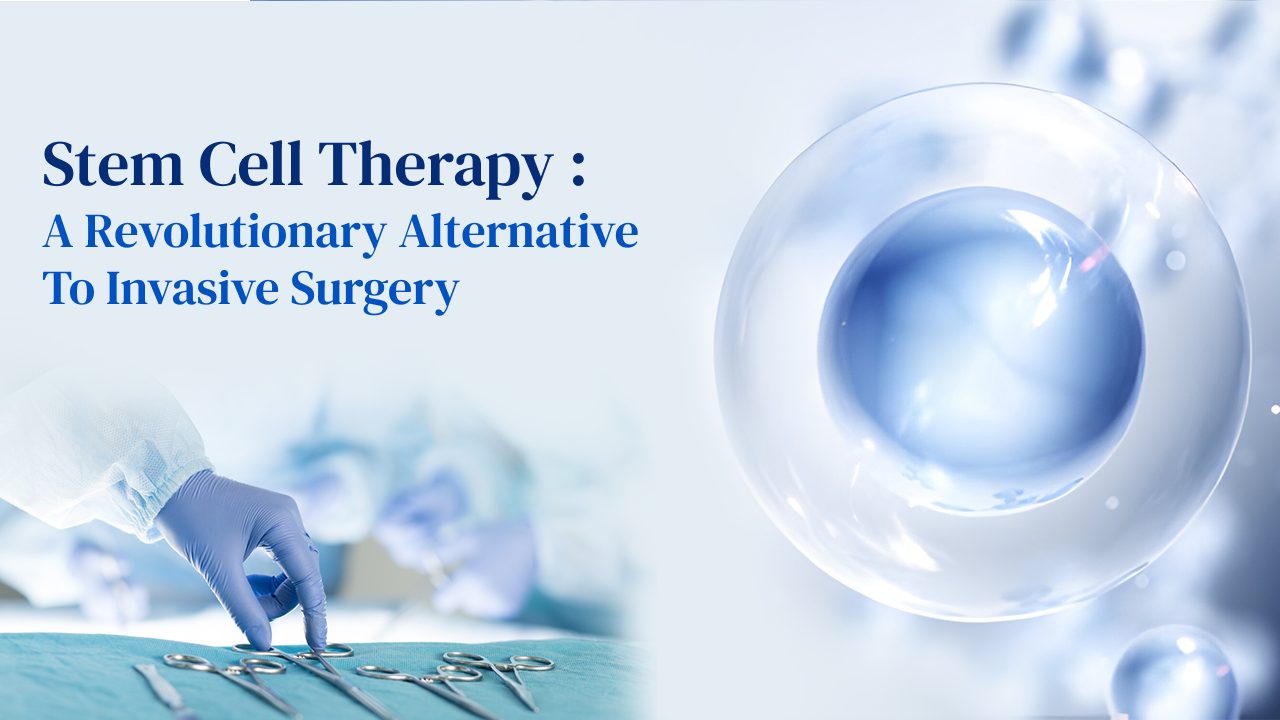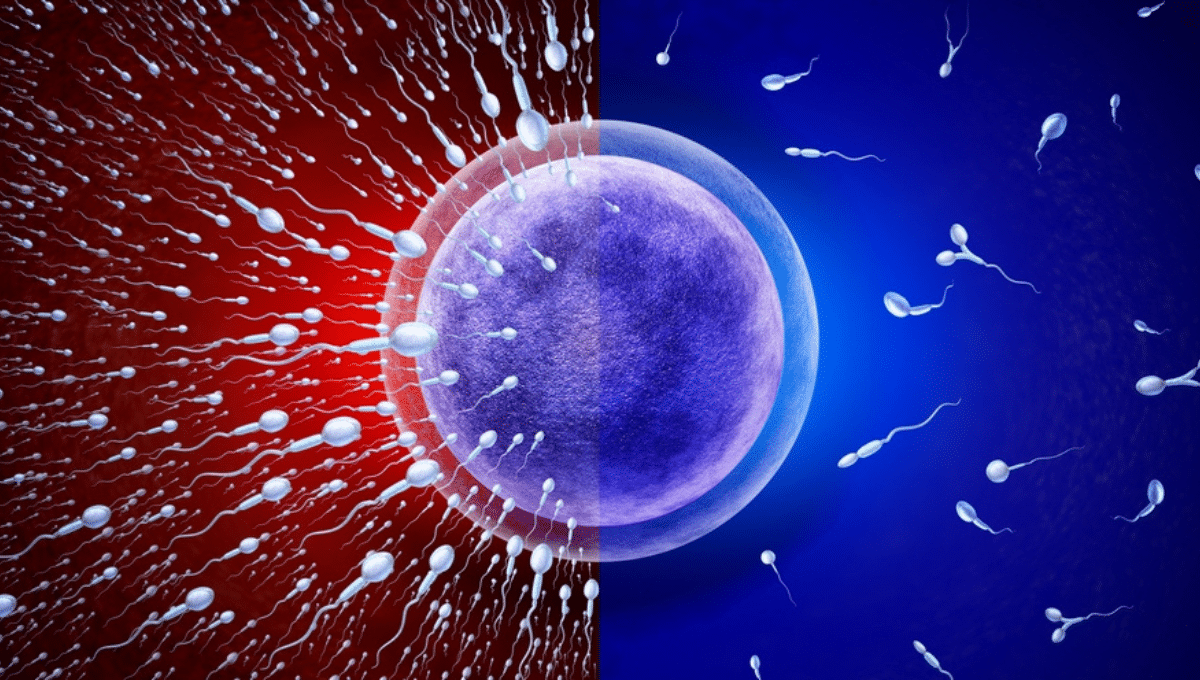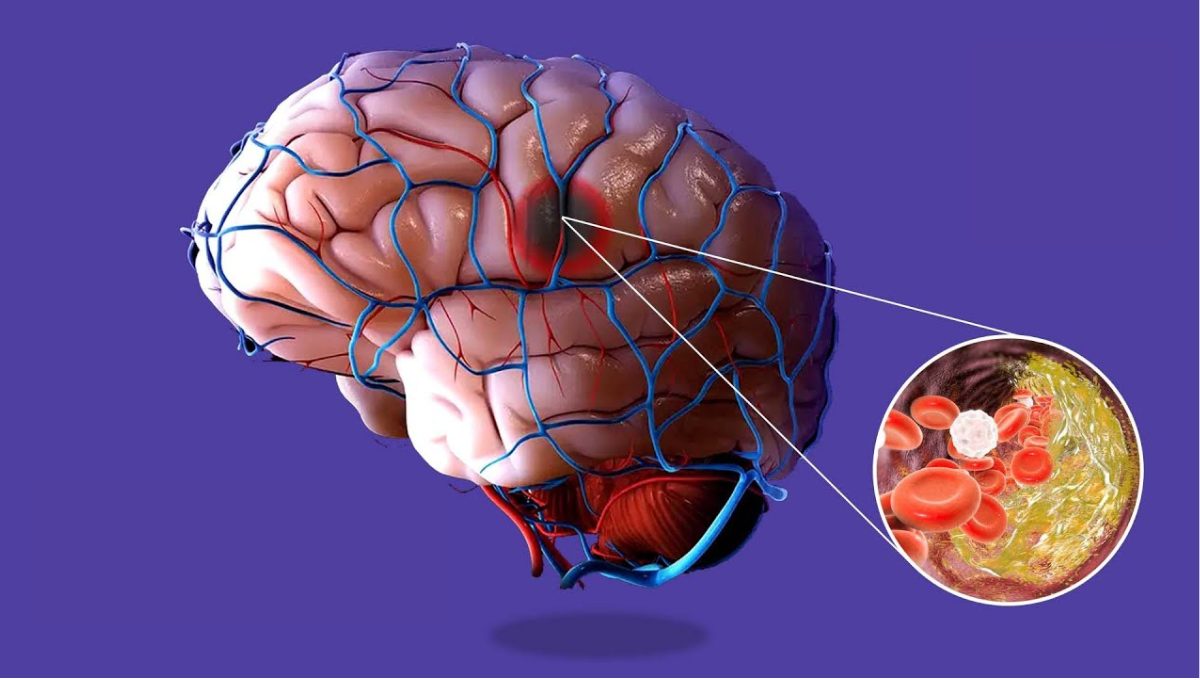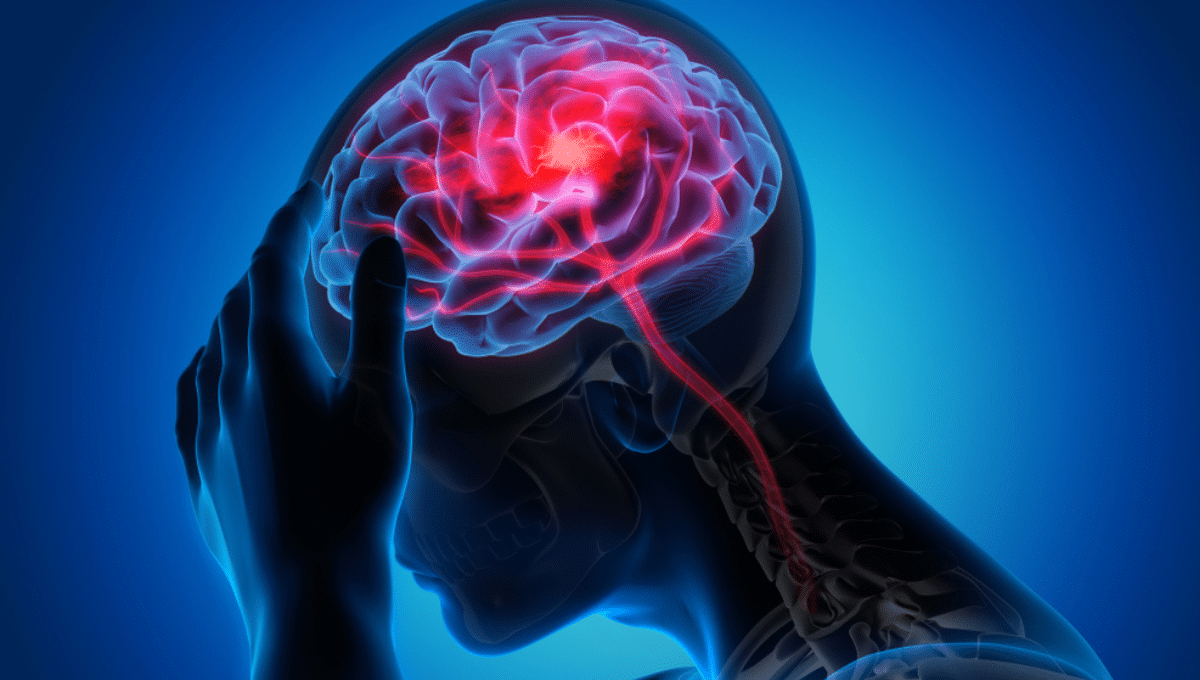- Home
- About Us
- Book Appointment
- Treatments
- Alzheimer’s Disease
- Anti-Aging
- Autism
- Autoimmune Disorders
- Back Pain
- COPD
- Crohns Disease And Ulcerative Colitis
- Erectile dysfunction and Penis enlargement
- Fibromyalgia
- Hip Pain
- Knee Pain
- Lupus
- Lyme Disease
- Multiple Sclerosis
- Muscular dystrophy
- Parkinsons Disease
- Peripheral And Diabetic Neuropathy
- Post Cancer Treatments
- Post Stroke Recovery
- Psoriasis
- Rheumatoid Arthritis
- Shoulder Pain
- Join The Club
- Aesthetics
- Blog
- Contact Us
Infertility is a social health problem causing sexual dysfunction in both men and women all over the world. The rate of infertility has gone up over the years globally, and this has led to an increased focus on its treatment by medical researchers and doctors.
Several factors are possibilities to be the cause of infertility, among which the most common reasons are unhealthy lifestyles, leading to hormonal imbalance, genetic causes, and anatomical abnormalities.
This article brings to light the potential applications of stem cell therapy as a reproductive medicine for treating infertility. But before that, we will briefly discuss the meaning of infertility and the possible causes of infertility in males and females.
Table of Contents
Introduction – What is infertility?
For females, infertility is the inability to conceive or get pregnant either due to poor quality of eggs or diminished ovarian reserve (number of eggs present in a woman’s ovary). Due to infertility, some women may find it difficult to get pregnant, or even if they get pregnant, it can lead to a miscarriage.
The various factors that can cause reproductive disorders in women and result in infertility are:
- Ovulatory disorders such as polycystic ovary syndrome (PCOS) and premature ovarian insufficiency (POI).
- Uterine abnormalities – Endometriosis, uterine fibroids, Asherman syndrome (AS), and uterine polyps.
- Abnormal or irregular menstruation.
- History of tubal pregnancy (when a fertilized egg gets stuck on the way to the uterus and fails to reach the uterus).
- Poor physical health leads to hormonal imbalances.
Male infertility is the incapability of a man to produce enough sperm or healthy sperm, which makes it difficult for his female partner to conceive or get pregnant.
For the majority of cases, infertility in men is due to the following factors.
- Hypogonadism (which leads to low blood testosterone levels)
- Premature ejaculation
- Inability to get an erection
- Injured testicles
- Testicular cancer
- Undescended testicles
- Azoospermia
- Varicocele
How can stem cells treat infertility?
For those, having a biological child seems to be a distant dream because of faulty eggs or sperm, stem cell therapy is a novel hope. It has the potential to become a game changer with its therapeutic agents for treating infertility issues in men and women.
Stem cells are undifferentiated and self-sustaining cells capable of forming into various cell types. Its strong multi-directional differentiation potential and high proliferation are the foundation for new tissue and repairing damaged cells or tissues.
The other remarkable properties of stem cells that make them suitable for infertility treatment are angiogenesis, paracrine stimulation, and immune regulation.
Stem cells aid in the repair of reproductive dysfunction in the following ways –
- The cells reach the damaged reproductive tissues with the help of chemokines. Then, they subsequently undergo differentiation and seamlessly merge with somatic cells.
- These cells regulate ovulation and ovarian physiology and aid in follicle development.
- Stem cells may also reside in the damaged reproductive tissue and support ameliorating the damaged environment by stimulating paracrine and growth factors.
- Stem cell therapy also helps restore endocrine function by producing anti-inflammatory agents.
Stem cells are collected and isolated from various sources such as bone marrow, adipose tissue, human amniotic fluid, embryos, Wharton’s Jelly or umbilical cord blood tissue, and peripheral blood. These cells are then cultured in vitro to differentiate and generate germ cells for reproductive medicine treatment.
Read Also: Healing Power Of Stem Cell Therapy: A Comprehensive Guide
Potential Applications of Stem Cell Therapy for Infertility Treatment
Infertility is a global health problem affecting nearly 10-15% of couples. With stem cells, a man and a woman can effectively manage infertility and lead a healthy life like an average couple.
Stem cell treatment allows women to conceive and deliver a healthy baby. The reproductive disorders that stem cells can potentially treat in women are:
- Premature ovarian failure (POF).
- Polycystic ovary syndrome (PCOS).
- Female’s intrauterine adhesions (IUA).
- Thin endometrium.
Similarly, in male infertility cases, stem cells hold tremendous potential in treating the following refractory infertility problems:
- Non-obstructive Azoospermia (NOA)
- Oligospermia
- Asthenospermia
- Severe teratozoospermia
- Erectile Dysfunction.
The use of stem cells, particularly mesenchymal stem cells collected from the human umbilical cord tissue of newborn babies following healthy births, is highly effective in repairing and improving the function of reproductive organs. These cells can regulate angiogenesis, anti-oxidation, and anti-apoptosis. Moreover, they modulate the immune system through the secretion of cytokines and exosomes and improve the microenvironment of the male or female reproductive system.
The Stem Cell Treatment Process
The method of stem cell administration is determined by a certified and experienced stem cell therapy specialist after evaluating the patient’s condition and diagnosing the cause of infertility.
The number of stem cells and duration of the treatment course vary from one individual to another because they are based on the age and weight of the patient. If you or your partner or someone you know is going through difficult times due to infertility issues, seek professional medical advice from a doctor to know the various treatment possibilities using stem cells.
Read Also: Stem Cell Therapy For Skin Health: Psoriasis and Beyond
Final Thoughts
After breakthrough research and studies on stem cells, it has been affirmed that its potential for treating infertility in males and females is vast. Patients have reported high recovery from infertility disorders after receiving stem cell treatment.
Furthermore, stem cell therapy has secured its place as the most reliable, minimally invasive, and cost-effective treatment for infertility compared to other alternative complex infertility treatments such as In-vitro Fertilization (IVF), Intrauterine Insemination (IUI), egg or sperm donation, ovulation induction, and more.
You can connect with our reputed stem cell therapy clinic. Life Altering Stem Cell Therapy Institute to know more about the potential treatments for infertility using stem cells. Give us a call or book a consultation today to discuss more!

